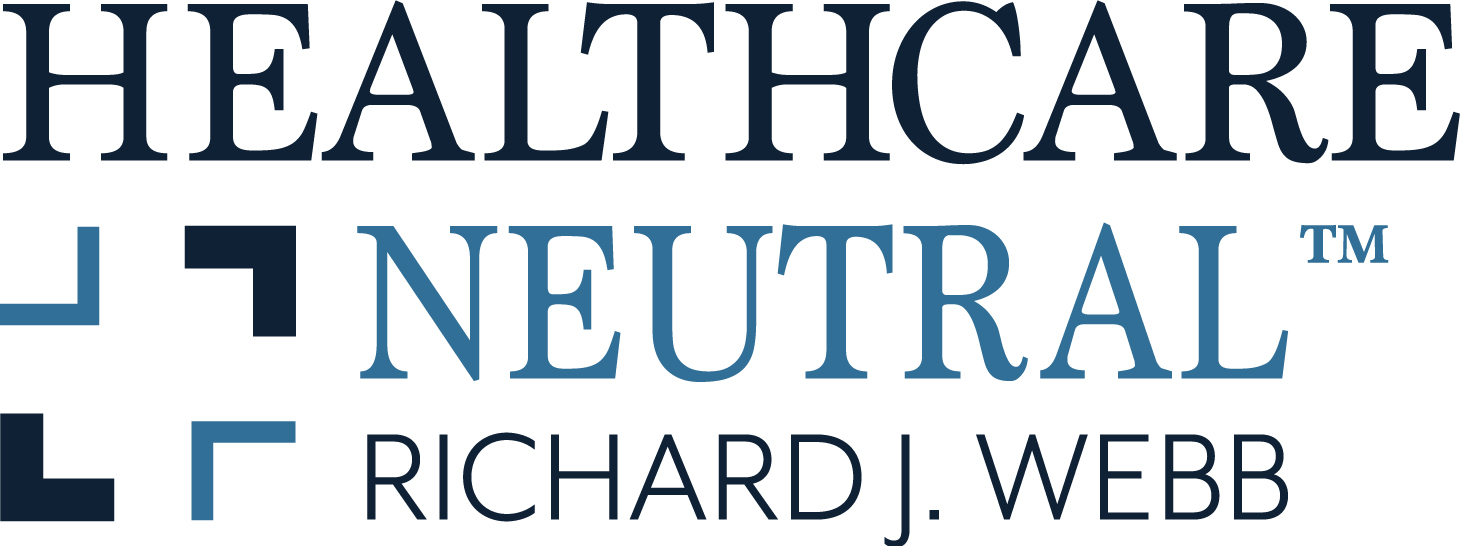
Apologizing For Adverse Healthcare Outcomes: Saying “Sorry” Is Not Enough
May 19, 2008
[Image: Older Sorry! board game, by myguitarzz, June 5, 2006]
Last month\’s 10th Annual ABA Section of Dispute Resolution Spring Conference in Seattle offered at least two break-outs sessions on the use of apologies in mediation, one of which focused on adverse healthcare outcomes. “Breakthroughs, Benefits and Backfires of Apology in Litigation,” presented by Karen S. Fasler, Debra Gerardi, Dale Hetzler and Darrell L. Puls, examined research and anecdotal evidence on the use of apologies by healthcare providers following unintended treatment events. Their presentation was fascinating and compelling. I have since read from other sources which appear to support their conclusions. In short, they offered that:
1. Following adverse outcomes, patients and families want most to understand what happened, and will react with anger to any effort to hide or deny the truth.
2. Sincere expressions of compassion, before fault is determined, and without any admission of error (e.g., “I am sorry for your loss,” or “I am sorry that this happened to you”), are almost always appropriate and effective in minimizing the potential for legal claims by the patient or family.
3. If it is determined that the adverse outcome resulted from a provider\’s negligence, a sincere and complete apology will benefit the patient, the family and the provider; and if accompanied by other appropriate measures, will actually minimize the provider\’s likely malpractice exposure. As articulated by Darrell Puls in his conference paper, a successful apology includes an admission of responsibility, an expression of remorse, reassurance of a commitment not to make the same error again, and an offer of appropriate restitution.
4. Where provider fault exists, an offer of a less than sincere and complete apology will do more harm than good (e.g., “I apologize for any alleged malpractice”).
Writing in the current (May) issue of the American Health Lawyers News (members only, print volume 12, number 5), Lee Taft analyzes some of the challenges to providers and their lawyers associated with making disclosures and offering apologies following adverse outcomes. He amplifies the conclusions stated above, and then identifies some of the pitfalls that accompany even the most well intended efforts by providers to reconcile with patients who have been harmed. Most notably, he points out the difficulty faced by providers in offering information and apologies without jeopardizing their legal defense and insurance coverage, particularly when there are multiple providers and insurers involved.
Some have suggested that this problem can be addressed by statute. More than half the states have enacted some form of legislation restricting the admission into evidence of statements of apology offered by healthcare providers under certain circumstances. As reported by New Jersey Lawyer, many plaintiffs\’ attorneys in states (like New Jersey) without such legislation believe such laws offer defendants an unfair advantage – essentially that healthcare providers are free to apologize whenever they choose if they believe it is appropriate, and their statements should be admissible on the same basis as those of any other defendant.
The “apology and disclosure movement,” represented by organizations such as “Sorry Works!”, seeks to promote the use of programs like the one Lee Taft describes at Stanford University, or the joint physician-lawyer mediation program launched in Pennsylvania by the Montgomery County Bar Association and Medical Society along with Abington Memorial Hospital recently reported by The Philadelphia Inquirer. These programs rely upon a careful, stepwise approach to communications with patients and families following an adverse outcome. An important aspect of all such programs is the potential for mediation of remaining issues after full disclosure is made.
Whether or not a healthcare provider\’s apology is protected by statute from admission as evidence of malpractice, that result can always be achieved by offering the apology in the course of a mediation in which confidentiality is preserved, either by agreement of the parties, or by rule of court.
The “best practice” that appears to be emerging from research and experience around the country requires healthcare providers to participate in a structured approach to communications with patients and their families following adverse outcomes that includes:
– A statement of compassion and support from those involved immediately following the adverse outcome;
– Disclosure of reliable information as soon as possible, and follow up to include the patient and family;
– If the result is determined to be a result of provider negligence, a sincere and complete apology (as described above) offered in a context that will permit the providers involved to speak freely (i.e., in the course of a mediated resolution or under statutory protection), including an assurance that the error will not be repeated, and a just financial settlement;
– If the result is determined not to be the result of provider negligence, a vigorous but compassionate defense.
